
As our evolution slows and industrialization and technology accelerates, a growing body of research suggests that human biology is struggling to keep pace.
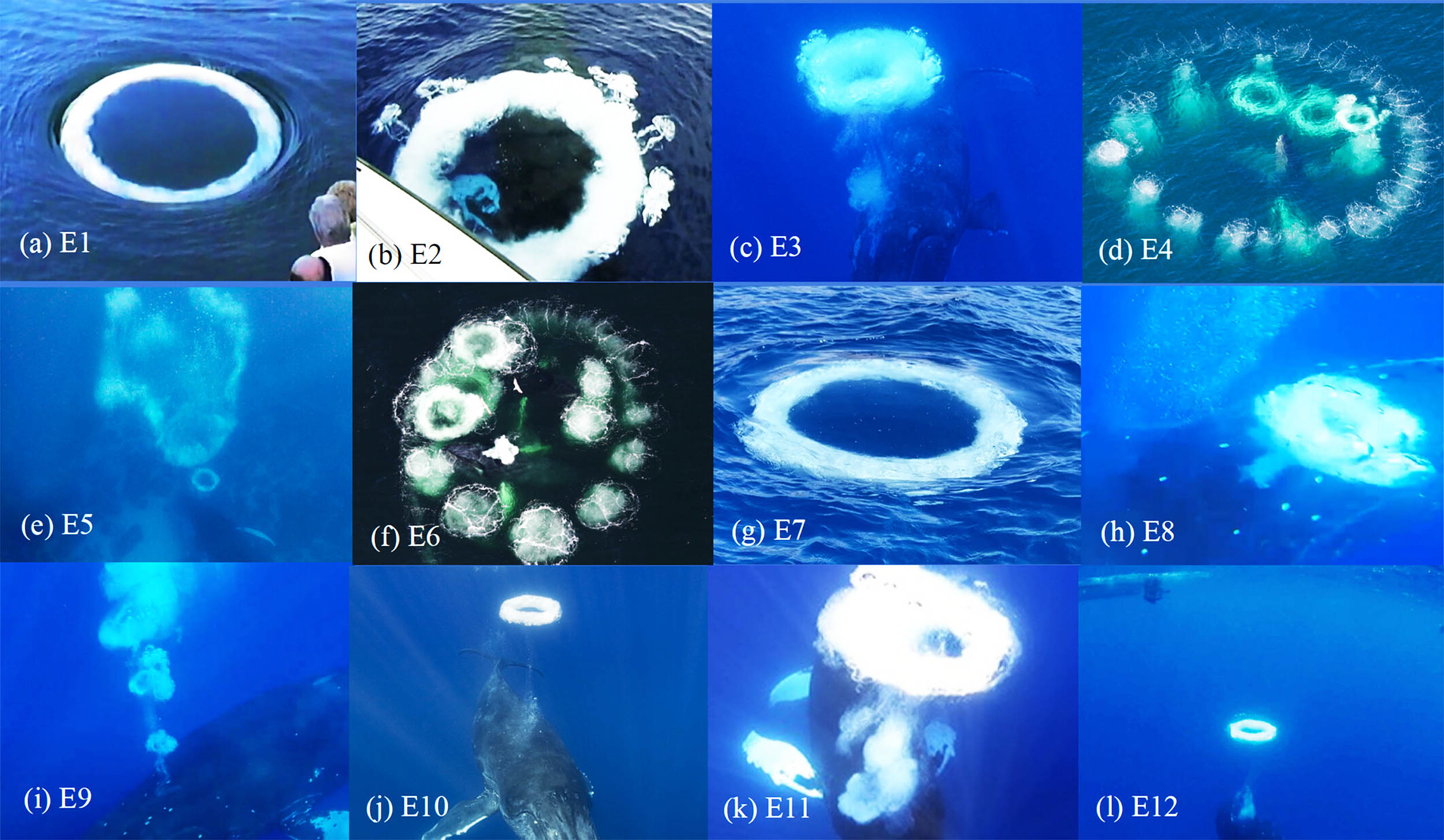
Humpback whales were observed blowing bubble rings near humans. This rare behavior may reflect playfulness, curiosity, or communication.

In 2024, Brazil celebrated the 20th anniversary of the BFP - one of the world’s largest conditional cash transfer initiatives. BFP has prevented more than 8.2 million hospitalisations and 713,083 deaths in Brazil between 2004 and 2019.
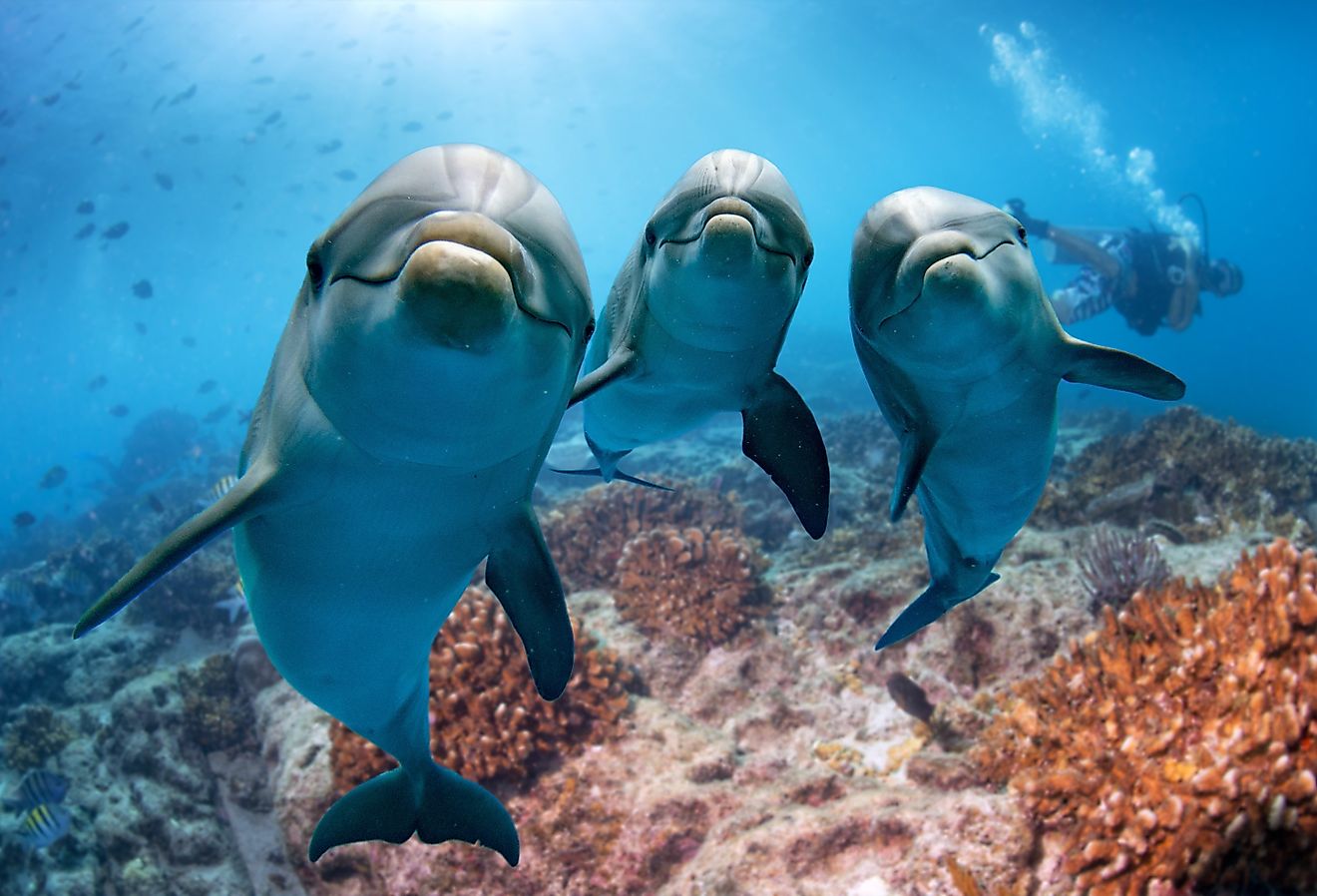
Dolphins are incredible marine mammals that have "names" for each other, just as humans do, and they use these names to chatter among themselves.

Cutting-edge imaging technology has uncovered that all living organisms emit an extremely faint light invisible to the naked eye, with patterns that significantly differ between life and death.

A new theory suggests that we don't just listen to it; our bodies physically resonate with music, as our brains' natural oscillations synchronize with structures like rhythm and pitch.

Simply looking at nature - or even just digital pictures of it - can relieve pain, according to new research which scanned the brains of people receiving electrical shocks.
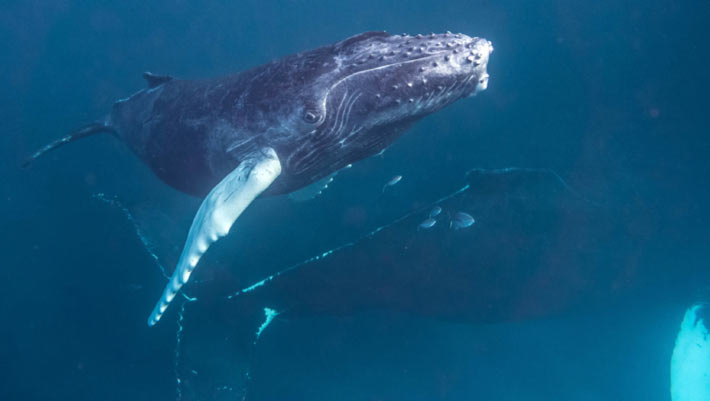
An international team of researchers have discovered hidden structures within whale songs that exhibit striking parallels to human language.
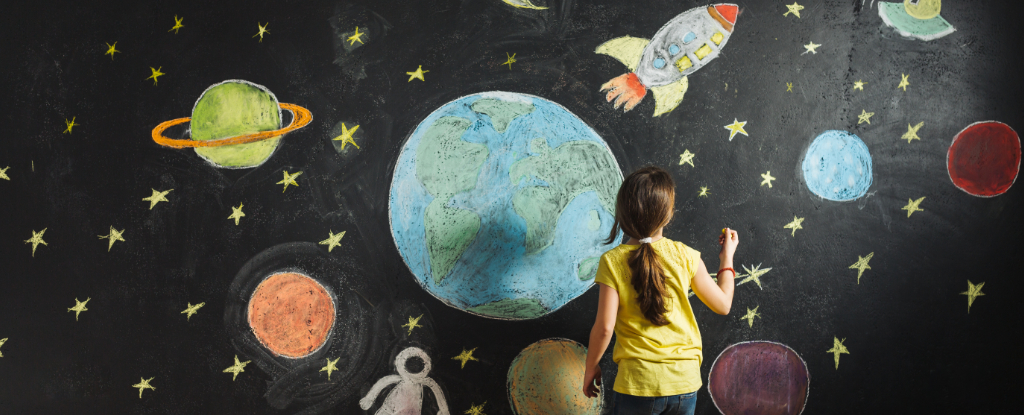
Signed exactly 76 years ago today, the Universal Declaration of Human Rights is the world's most translated document. But few know that among the many social and political freedoms defined by the declaration is a human right to science.

A natural compound produced by the bacterium is wholly new to science, and in the lab, it shows cancer-fighting properties.
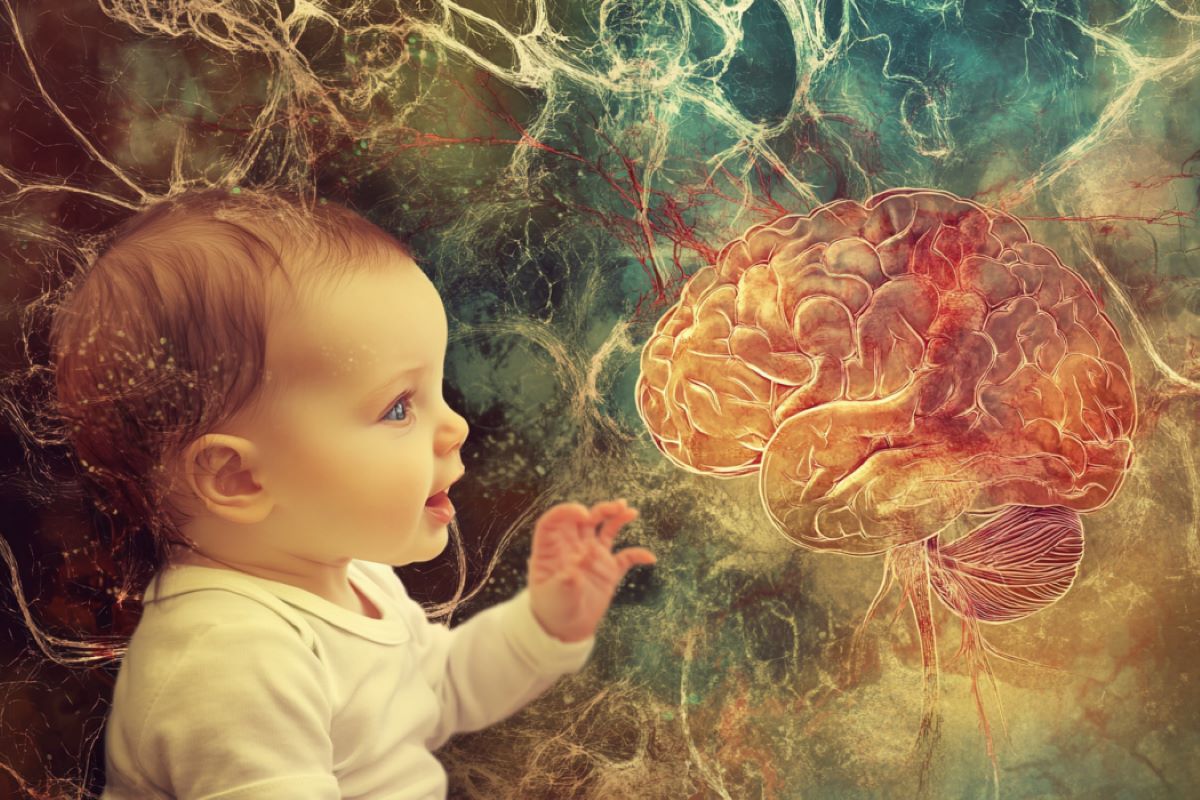
Brain imaging of fetuses and infants reveals a rapid increase in functional brain connectivity at birth, aiding adaptation to the external world.

Emerging research suggests that we may absorb essential nutrients from the air we breathe, a concept now being explored under the term “aeronutrients.”
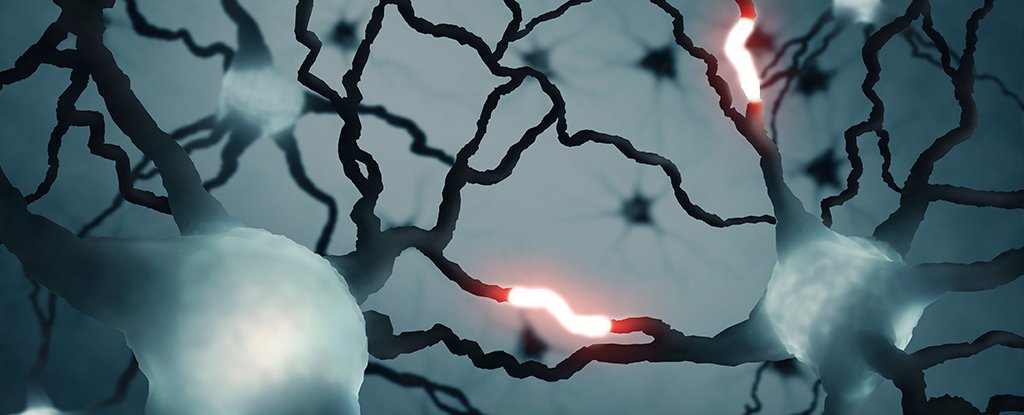
Scientists have identified a unique form of cell messaging occurring in the human brain, revealing just how much we still have to learn about its mysterious inner workings.

A low-sugar diet in the first years of life can significantly reduce the risk of chronic diseases in adulthood, a study based on historical data has found.

A new study explores how marine biodiversity conservation, human health and wellbeing are connected.